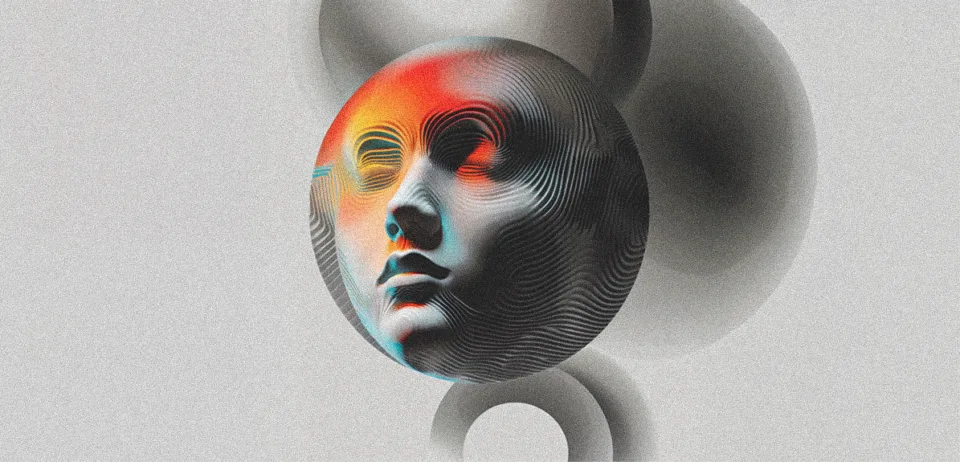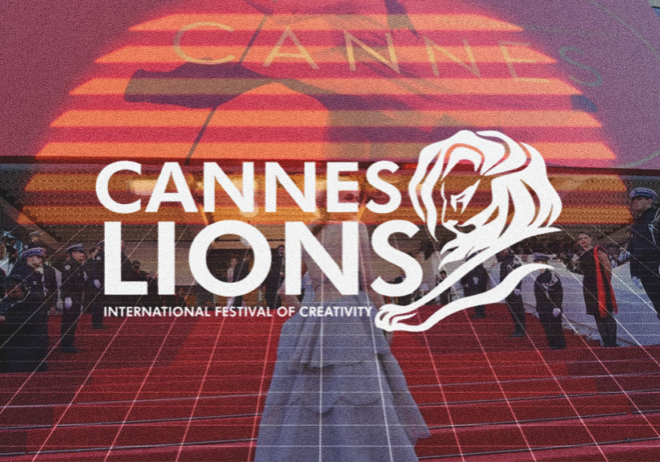
Is AI Making Marketing Efficient without Emotions? The AI Dilemma
AI in marketing is efficient in bringing results. It is a choice that offers marketers and brands the freedom to act fast. Gone are the days when a department had to analyze data by reading every Excel document—now, big data is little for AI. But the question is trickier than we expect.
It is imperative to feel that AI may alter the marketing core with its fake-it-like-humans pretense. So, what’s the reality?
Look at Coca-Cola’s Christmas ad. The Internet complained about the aesthetics, and reviews did not support these kinds of ads as they are robotic and soulless. On the flip side, AI saved Klarna a whopping $10 million in 2024, powering campaigns for Mother’s Day, summer sales, and Valentine’s Week.
So, is AI turning marketing into a lifeless machine, or is it making brands more efficient while still keeping human creativity at the helm? Let’s dive into the reality of AI’s role in marketing and whether it’s an ally or an emotional dead-end.
Narratives shape marketing—and you have the power to set them right
Marketing is all about crafting narratives—stories built on market demands, gaps, and audience needs. AI and tech-driven tools have made reaching consumers faster and more efficient, but let’s be clear: the real power still lies in human hands.
You have the data, the numbers, and the audience insights. AI can compile stats, analyze patterns, and suggest strategies, but it’s not the one creating fresh, groundbreaking ideas. That’s where human intuition and creativity come in. AI doesn’t originate—it iterates. It learns from human input and refines existing ideas, but the core of any strong narrative starts and ends with a person.
Take Super Bowl LIX, for example. OpenAI’s debut ad featured no human faces, no emotions—just shifting pixels morphing into forms. Visually striking? Sure. But it didn’t top the ad rankings. Instead, a Budweiser ad featuring a Clydesdale foal stole the show. Why? Because humans respond to emotions, not just flashy tech.
AI is a tool, not a storyteller. The power to shape narratives—and genuinely connect with audiences—still belongs to you.
AI in marketing is a tool to empower human creativity, not replace it
AI has officially taken a front seat in marketing, reshaping everything from content creation to data analytics to customer engagement. AI tools can generate creative copies, analyze audience sentiment, or even whip up a hyper-realistic image of Napoleon Bonaparte sipping on a cherry Diet Coke with just a few clicks. It’s fast, efficient, and undeniably transformative.
Nonetheless, AI supercharges creativity; human emotion is irreplaceable.
AI isn’t just crunching numbers and predicting consumer behavior anymore. It’s actively participating in creative fields. Need a snappy ad copy for your new coffee brand? ChatGPT can deliver multiple variations in seconds. Want an eye-catching visual for a campaign? AI-powered design tools like DALL·E, Firefly, and Midjourney can turn a simple text prompt into a masterpiece. Need data compiled for a deep-dive marketing report? Platforms like Perplexity and ChatGPT Advanced Data Analysis (ADA) make information gathering seamless.
But here’s the thing—while AI tools are exceptional at enhancing speed and efficiency, they still lack the essence of human intuition. Creativity isn’t just about assembling the right words or images; it’s about emotions, culture, and lived experiences. AI can mimic trends, but it doesn’t “feel” them.
AI is also evolving to engage with people on an emotional level. AI chatbots have come a long way from robotic, scripted responses to dynamic, adaptive conversations. Take Chai, for instance. The app has gained massive popularity, with over 25 million active users and 18 million chatbot personalities.
Chai and platforms like Character.AI allow users to interact with AI personas that can mimic actual human interactions. Some use it for companionship, some for entertainment, and others for brainstorming and creative discussions. The fact that millions of people willingly engage with AI-driven characters proves that when done right, AI can complement human emotions rather than strip them away.
Does mentioning AI in marketing turn off humans?
A 2024 global survey across 31 countries revealed that 55% of consumers trust AI to collect and combine product information. AI has revolutionized marketing, offering unparalleled efficiency and data-driven strategies. However, its integration raises questions about consumer trust and engagement.
However, only 23% of Americans trust AI’s utilization on social media platforms.
The disparity indicates that while consumers appreciate AI’s efficiency, concerns about data privacy and the impersonal nature of AI-generated interactions persist.
The effectiveness of AI-generated content in resonating with human emotions has been a topic of debate. Coca-Cola’s recent AI-generated holiday ads faced criticism for their unnatural appearance, including poorly rendered logos and distorted proportions.
Despite these flaws, research by companies like System1 and Ipsos North America suggests that consumers generally do not recognize or are indifferent to AI-related imperfections. This suggests a complex relationship between AI content and emotional engagement.
AI is reshaping consumer behavior, particularly in online shopping. Adobe’s research revealed a tenfold increase in retail traffic from AI sources between July and September 2024, with around 25% of Britons using AI for online shopping—a figure expected to rise to one-third. Shoppers are leveraging AI to find the best deals and specific items, indicating a shift from traditional search engines to AI-driven platforms.
Cut to the chase
AI in marketing doesn’t make the process emotionless. In fact, AI’s emotional intelligence is altering the way humans interact with and approach technology in their everyday lives. The answer to the question is complex, yet not black and white.

